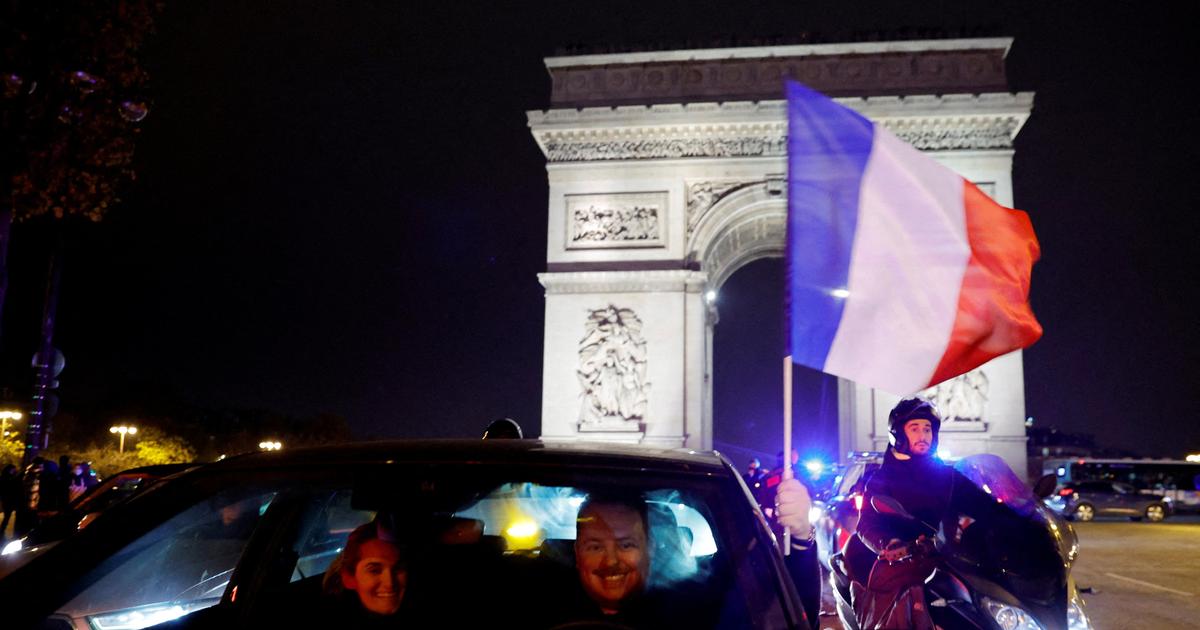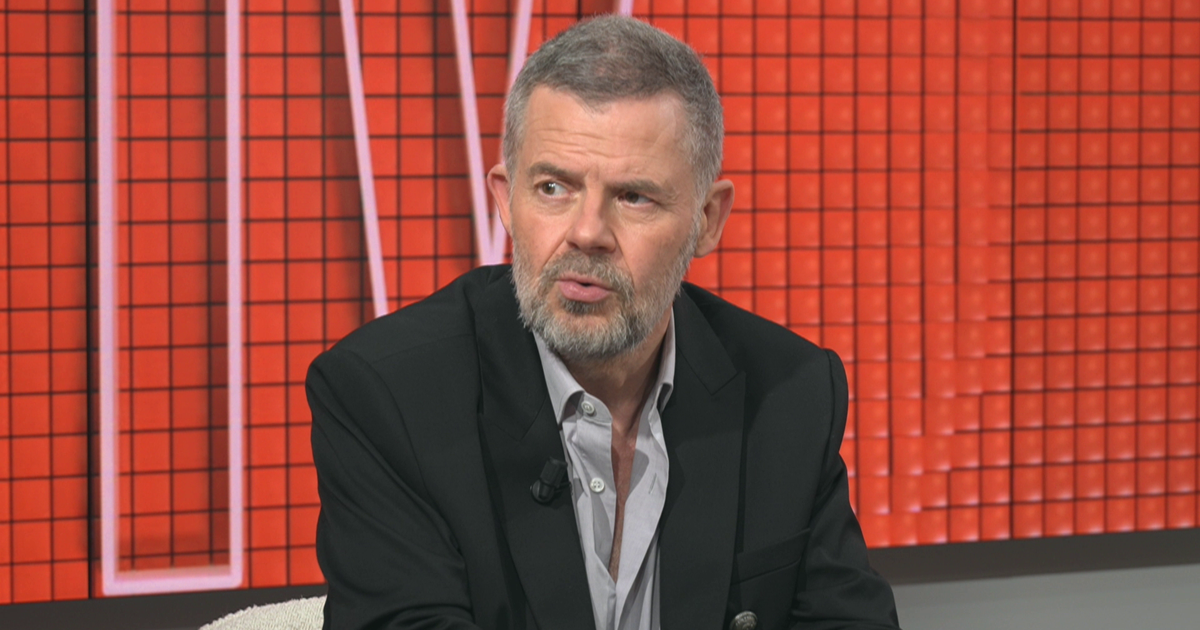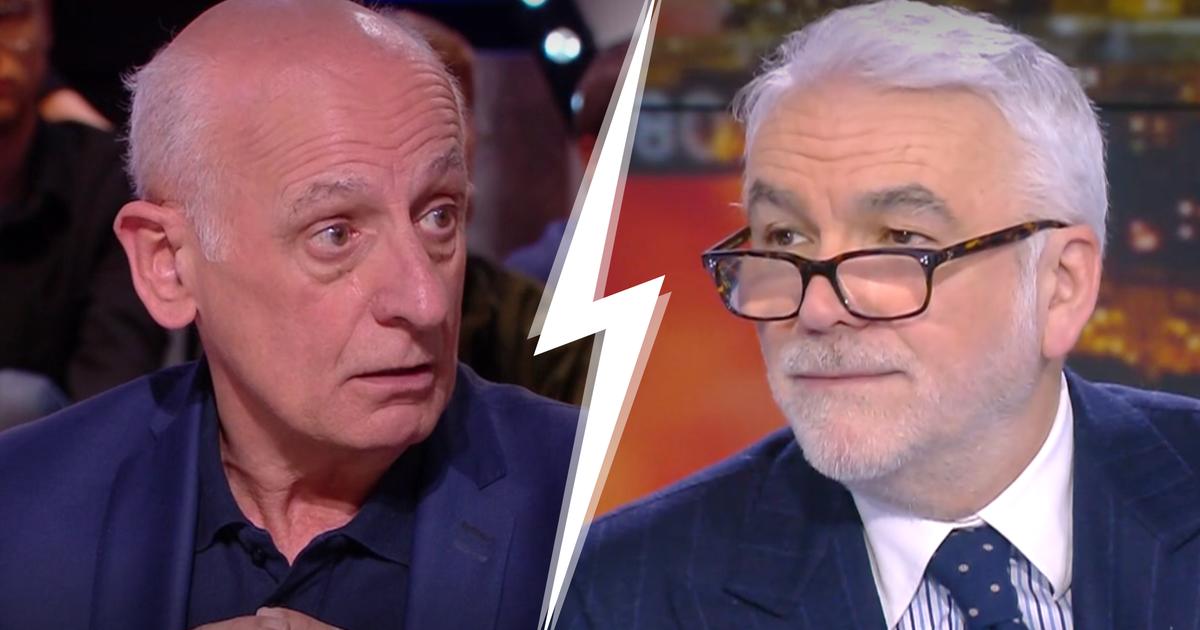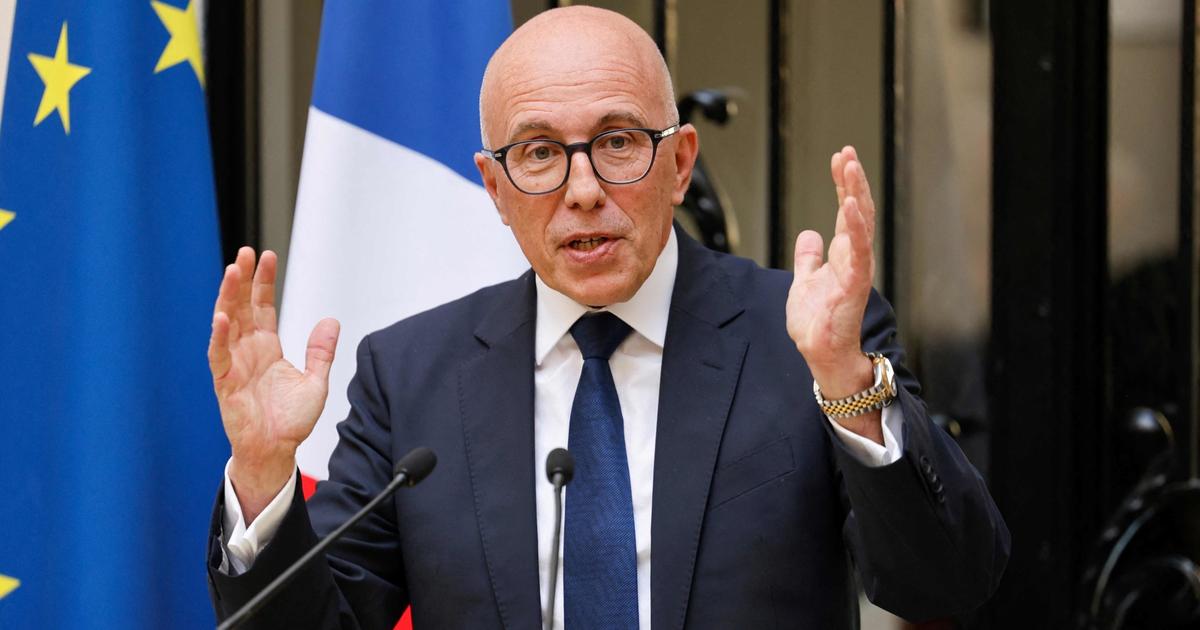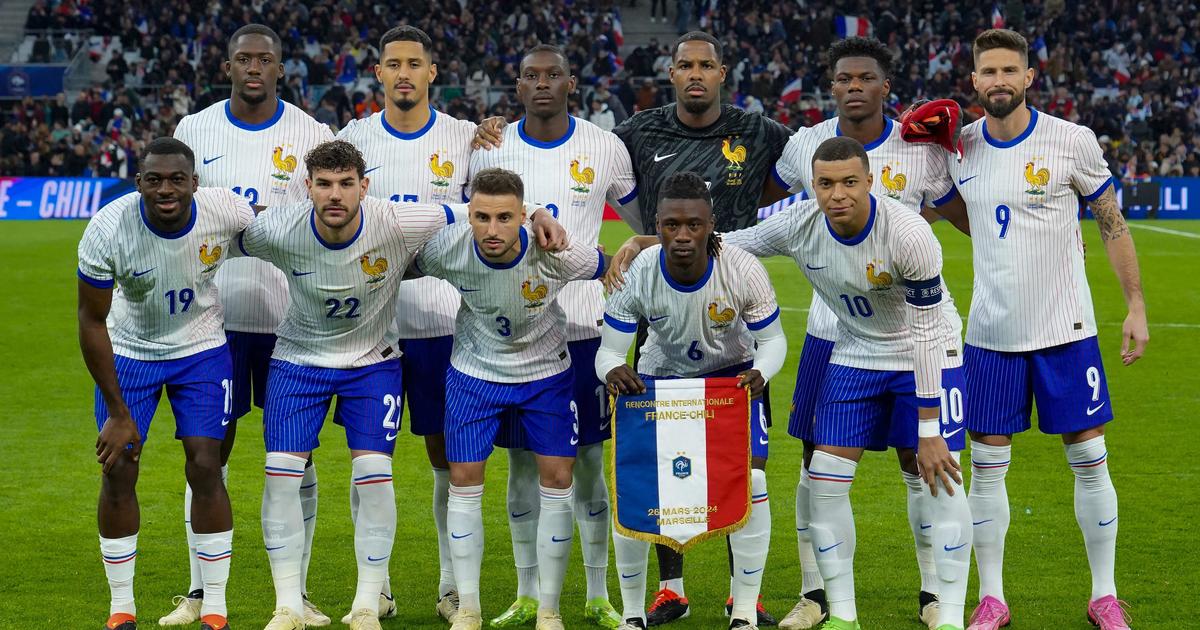Éric Naulleau is a columnist and essayist.
He has just published
La gauche réfractaire
with Michel Onfray , published by Bouquins editions.
LE FIGARO. - Can we see the Football World Cup as a vector of national unity, which brings together all social backgrounds around the same objective?
Eric Naulleau. -
This is increasingly the case, indeed.
The stadium has always been a place of social class mixing, but what is changing today is that the mix includes women.
More and more women are interested in and play football, coming to swell the ranks of supporters in the stadiums, whereas this passion remained, for a very long time, exclusively male.
However, this idea of social mixing must still be qualified.
In clubs, for example, matches are more and more expensive, subscriptions are not accessible to everyone.
But the World Cup remains one of the last events that unites the entire population to such an extent, while the trend is rather towards ghettoization.
When you go to the theater, for example, you see only one type of spectator, there is no mixing;
the same for the stand-up, which brings together only one category of the population;
we observe a phenomenon of social bubbles.
Football is therefore an exception which, unfortunately, proves the rule.
And if it keeps this unifying status, it's because it has something very universal, very simple about it.
When you're a kid, all you need is a burst ball, two sweaters to score goals, and you're good to go.
Anyone can play it.
Doesn't this general enthusiasm, which we observe at each World Cup, at each international competition, show a need for the French to be proud of their country?
To tell the truth, this popular emotion takes on different meanings depending on the era.
In 1998, there was this famous slogan “Black-white-beur”.
In 2022, it is very different.
Signs of the country's downgrading are multiplying: the nuclear sector, which made us proud in terms of energy autonomy and military sovereignty, has been shattered;
the level of grammar and spelling is collapsing, while the French language is the heart of our country... It's quite hard for the French, who experience a real feeling of downgrading.
So there is indeed a need to feel pride again for this country, to show its greatness.
Football remains a field of excellence, over the last 25 years in the World Cup, no one equals us.
But this causes an overload towards the
team of France, because it is asked to symbolically correct all these signs of downgrading, to restore France to its lost greatness, to compensate, through its excellence, for all these sectors in decline.
There is very strong outside pressure, which the players however seem to be coping with very well, Kylian Mbappé does not show any particular signs of stress, and Olivier Giroud remains indestructible.
I don't understand why we bring up fascist lawsuits against those who are proud of our greatness, there is nothing unhealthy in it, and the country would be better off if we expressed this pride a little more.
Eric Naulleau
We are also witnessing the emergence of new, more problematic phenomena during this World Cup.
On the one hand, we observe an attempt by the extreme right to make Olivier Giroud a representative of traditional, Christian France.
And on the other side, we see a Moroccan player dedicating his victories to the entire Arab world and Muslim countries, which is quite strange.
So I have the impression that the national aspect is being overtaken by the religious aspect.
This is a new phenomenon that I find very problematic, this was not the case in 2018, even less in 1998. The current epic of the French team takes on completely new meanings.
Nationalism is perceived in a rather negative way today, does football not allow the exaltation of a soft, watered down patriotism, which passes through the game and the refereed confrontation?
Indeed, it is a symbolic confrontation, sporting, a confrontation where all blows are not allowed, contrary to what one can see in Ukraine.
There is no arbiter in the Russian-Ukrainian conflict, you can bomb civilians, infrastructure... The World Cup is a civilized way to compete and I have no problem with that.
I'm very chauvinistic when it comes to football, but that doesn't make me a nationalist, a Maurrassian or a fascist, it's a genuine patriotism.
I am proud of the France team, and I consider it a very honorable way to express one's attachment to one's country.
Likewise, I think we should be proud of French literature, culture and architecture.
The football field is a reduced image of humanity, we see the worst and the best there, we are confronted with all the situations, we experience all the feelings... It is a real school of life.
Eric Naulleau
What do you think of the link between football and politics, with Emmanuel Macron going to the semi-final, or Jacques Chirac and Lionel Jospin, in 1998, who had largely relayed the victory of the blues, which had improved their odds of popularity. What inspires you?
Politics and sport have always been intimately linked, it's an old story.
The 1938 World Cup in Italy had strong political significance;
the same for the one in Argentina in 1978, which was used as a political symbol by the military junta;
in Putin's narrative, the 2018 World Cup was meant to overshadow the annexation of Crimea.
We can decline the examples to infinity, all the world cups have been political.
And I find it normal that the President of the Republic comes to support his team.
As for the popularity curves, certainly the good performances have a positive effect, but it is very ephemeral.
Albert Camus, a great football fan, said
"
The little morality that I know, I learned on the football pitch
"
.
Isn't this sport also the expression of common values?
And which ones?
Albert Camus' sentence is very true, things happen on a football pitch that go far beyond the game. Some people like to criticize these
"adults who run after a ball"
, but you have to never have played this sport to reduce it to such a caricatural vision.
Personally, I played for a long time in a club, and I learned something that marked me deeply, and that you don't find anywhere else, except in the army, it's the unconditional support to the one who has the same jersey.
On the ground we are ready to hurt ourselves, to die symbolically to cover up one of our partners, to offer him a way out, to support him... I have kept this idea of unconditional solidarity to some extent, especially in my friendships, I never let go of my partners, whether they are good or less good.
I was educated by this sport, the football field is a reduced image of humanity, we see the worst and the best there, we are confronted with all situations,
And you, have you ever, like Camus, considered a career as a footballer (laughs)?
You know, I'm 60, which is usually too old to start a sports career.
But deep down inside me, to answer you sincerely, I have never totally given up on the idea of one day winning the World Cup, and I think I will die without having given up.
Hope gives life.
Even if, in truth, I do not have and never had the necessary level.

